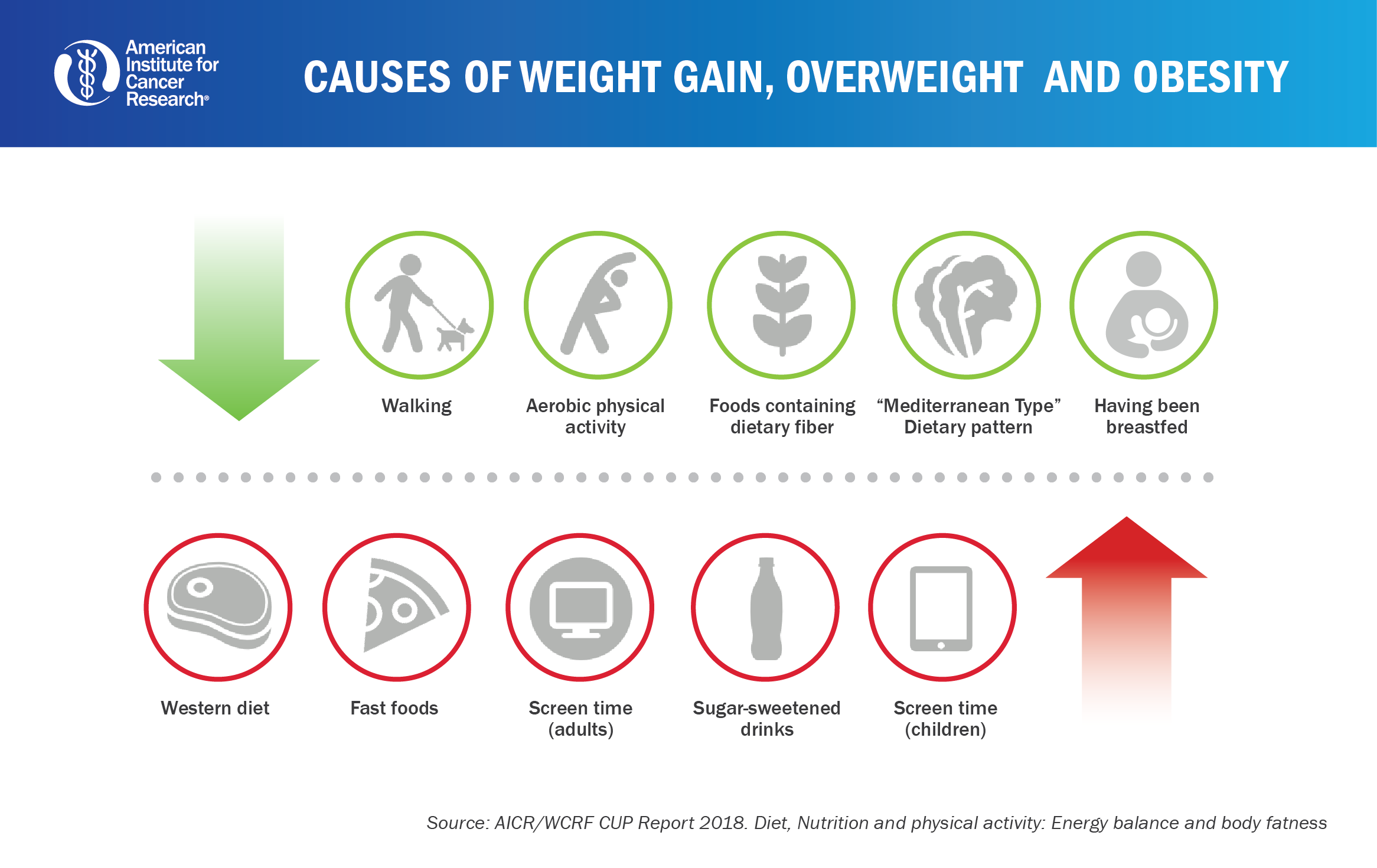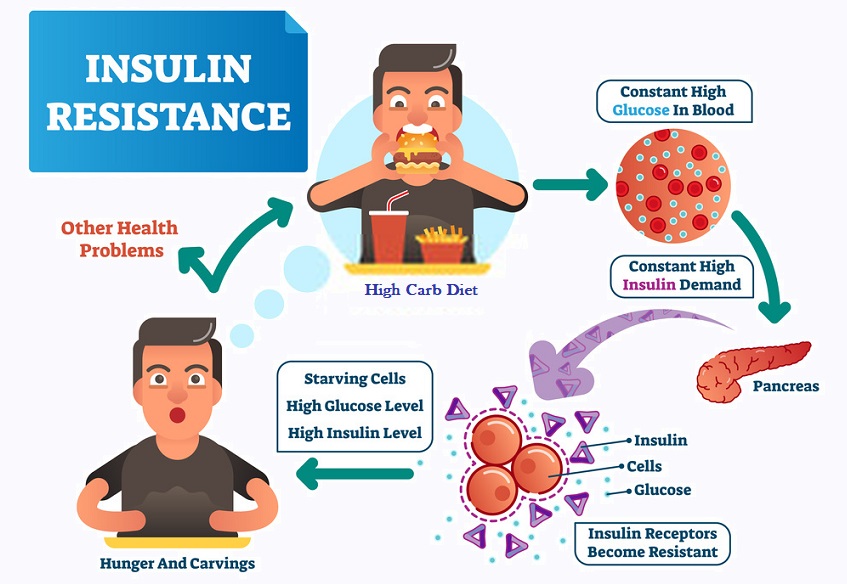Do Amino Acids Cause Weight Gain

The quest for optimal health and physique often leads individuals down a rabbit hole of dietary supplements, each promising miraculous results. Among these, amino acids, the building blocks of protein, have garnered significant attention, both positive and negative. But a nagging question persists: do amino acids contribute to weight gain?
This article delves into the science behind amino acids, examining their role in metabolism, muscle growth, and fat storage. We'll explore the evidence from reputable sources to determine whether amino acid supplementation directly causes weight gain, or if the relationship is more nuanced than it appears.
Understanding Amino Acids and Their Role
Amino acids are organic compounds that combine to form proteins, which are essential for virtually every bodily function. There are 20 standard amino acids, classified as essential (must be obtained from the diet) and non-essential (can be synthesized by the body).
These building blocks are crucial for muscle growth and repair, hormone production, enzyme activity, and immune function. Supplementation with amino acids, particularly branched-chain amino acids (BCAAs), is popular among athletes and fitness enthusiasts.
Amino Acids and Muscle Growth
The primary reason people use amino acid supplements, particularly BCAAs (leucine, isoleucine, and valine), is to stimulate muscle protein synthesis. Leucine, in particular, plays a critical role in activating the mTOR pathway, a key regulator of muscle growth.
Increased muscle mass can lead to a higher basal metabolic rate (BMR), meaning the body burns more calories at rest. This, in turn, can aid in weight management, rather than contributing to weight gain.
However, it's crucial to understand that muscle growth requires a consistent training regimen and sufficient caloric intake. Amino acids alone won't magically build muscle.
Amino Acids and Caloric Intake
Amino acids, like all nutrients, contain calories. Each gram of protein, which is composed of amino acids, provides approximately 4 calories.
If amino acid supplementation leads to an overall increase in caloric intake without a corresponding increase in energy expenditure, weight gain is possible. This is not unique to amino acids; any excess calorie intake can lead to weight gain.
Therefore, it's essential to consider the total caloric intake when supplementing with amino acids and adjust dietary habits accordingly.
The Science: Do Amino Acids Directly Cause Fat Storage?
The question of whether amino acids directly cause fat storage is complex. There's limited evidence to suggest that amino acids, in themselves, are directly converted to fat more readily than other macronutrients, provided that the total caloric intake is controlled.
A study published in the American Journal of Clinical Nutrition examined the effects of different protein intakes on body composition. The study showed that higher protein intake, which inherently involves increased amino acid consumption, did not lead to greater fat storage when calorie intake was controlled.
However, the type of amino acid and the overall dietary context can play a role. For example, excessive intake of specific amino acids, like certain non-essential amino acids, may potentially contribute to metabolic imbalances if not properly utilized.
The Importance of Balanced Diet and Exercise
Weight gain is primarily determined by the balance between energy intake and energy expenditure. A balanced diet and regular exercise are far more significant factors than amino acid supplementation alone.
A high-protein diet, rich in amino acids, can actually promote satiety, potentially reducing overall calorie intake and aiding in weight management. Studies have consistently shown that high-protein diets can support weight loss and maintenance.
Furthermore, exercise, particularly resistance training, is crucial for building muscle mass. This increase in muscle mass can improve metabolism and contribute to a healthier body composition.
Potential Side Effects and Considerations
While generally considered safe, amino acid supplementation can have potential side effects. Some individuals may experience digestive issues, such as bloating, gas, or diarrhea, particularly with high doses.
Individuals with pre-existing kidney or liver conditions should exercise caution and consult with a healthcare professional before taking amino acid supplements. Excess protein intake can put a strain on these organs.
It is also worth noting that some amino acid supplements may contain added sugars or artificial sweeteners, which can contribute to unwanted calories and potentially impact overall health.
The Verdict: Nuance and Moderation Are Key
The assertion that amino acids directly cause weight gain is an oversimplification. Amino acids are essential for various bodily functions, including muscle growth and repair.
While they do contain calories, the impact on weight is primarily determined by the overall caloric balance and dietary context. If amino acid supplementation leads to excess calorie consumption without sufficient energy expenditure, weight gain is possible, just as with any other nutrient.
However, when used judiciously within a balanced diet and exercise regimen, amino acids can support muscle growth, improve metabolism, and potentially aid in weight management.
Looking Ahead: Future Research Directions
Further research is needed to fully understand the long-term effects of specific amino acid supplementation on body composition and metabolic health. Future studies should focus on the impact of different amino acid ratios and dosages on various populations, including athletes, older adults, and individuals with specific health conditions.
Additionally, research should explore the interactions between amino acids and other dietary components, such as carbohydrates and fats, to optimize nutritional strategies for weight management and overall well-being. Individualized approaches, taking into account genetic factors and lifestyle habits, are crucial for maximizing the benefits of amino acid supplementation.
In conclusion, the impact of amino acids on weight is complex and multifaceted. By understanding the science behind amino acids and making informed choices about diet and exercise, individuals can harness their potential benefits while minimizing the risk of unwanted weight gain.


















